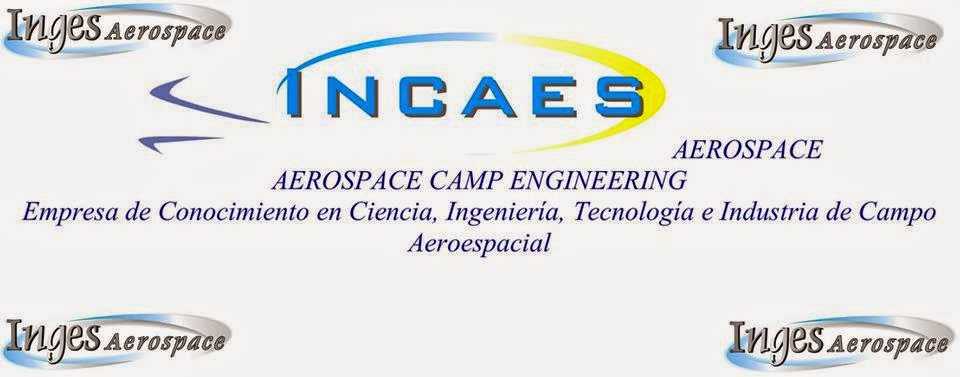Sunday, May 24, 2009 - 11:30 a.m. CDT
Mission Control Center, Houston, Texas05.24.09 STATUS REPORT : STS-125-27
STS-125 MCC Status Report #27
Space shuttle Atlantis and its seven-member crew landed at 10:39 a.m. CDT Sunday at Edwards Air Force Base in California, capping off a nearly 13-day mission to repair and upgrade the Hubble Space Telescope. Atlantis’ astronauts conducted five spacewalks during their STS-125 mission to extend the life of the orbiting observatory.
Mission managers waved off landing at NASA’s Kennedy Space Center in Florida this morning, the shuttle’s primary landing site. Dynamic weather conditions around the Shuttle Landing Facility prevented Atlantis from attempting either of the two opportunities for Kennedy, and the shuttle was diverted to Edwards.
Atlantis’ main landing gear touched down at 10:39:05 a.m., followed by the nose gear at 10:39:15 a.m. The shuttle’s wheels stopped at 10:40:15 a.m., bringing the mission’s elapsed time to 12 days, 21 hours, 37 minutes, 9 seconds. Atlantis traveled 5.3 million miles during its journey.
Commander Scott Altman, Pilot Gregory C. Johnson and Mission Specialists Michael Good, Megan McArthur, John Grunsfeld, Andrew Feustel and Mike Massimino successfully installed two new instruments and repaired two others, bringing them back to life, replaced gyroscopes and batteries, and added new thermal insulation panels to protect the orbiting observatory. The result is six working, complementary science instruments with capabilities beyond what was available and an extended operational lifespan until at least 2014.
With the newly installed Wide Field Camera, Hubble will be able to observe in ultraviolet and infrared spectrums as well as visible light, peer deep onto the cosmic frontier in search of the earliest star systems and study planets in the solar system. The telescope’s new Cosmic Origins Spectrograph will allow it to study the grand-scale structure of the universe, including the star-driven chemical evolution that produce carbon and the other elements necessary for life.
Hubble’s greatest scientific accomplishments include determining the age of the universe – 13.7 billion years – and discovering that virtually all major galaxies have a super massive black hole.
Atlantis’ crew is scheduled to return home to its Houston base on Tuesday, arriving at Ellington Field’s Hangar 990 about 4 p.m. The public is invited to the ceremony.

No hay comentarios:
Publicar un comentario